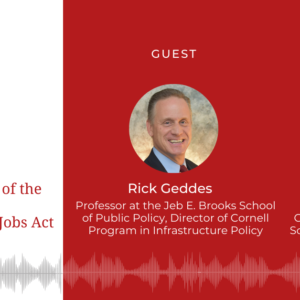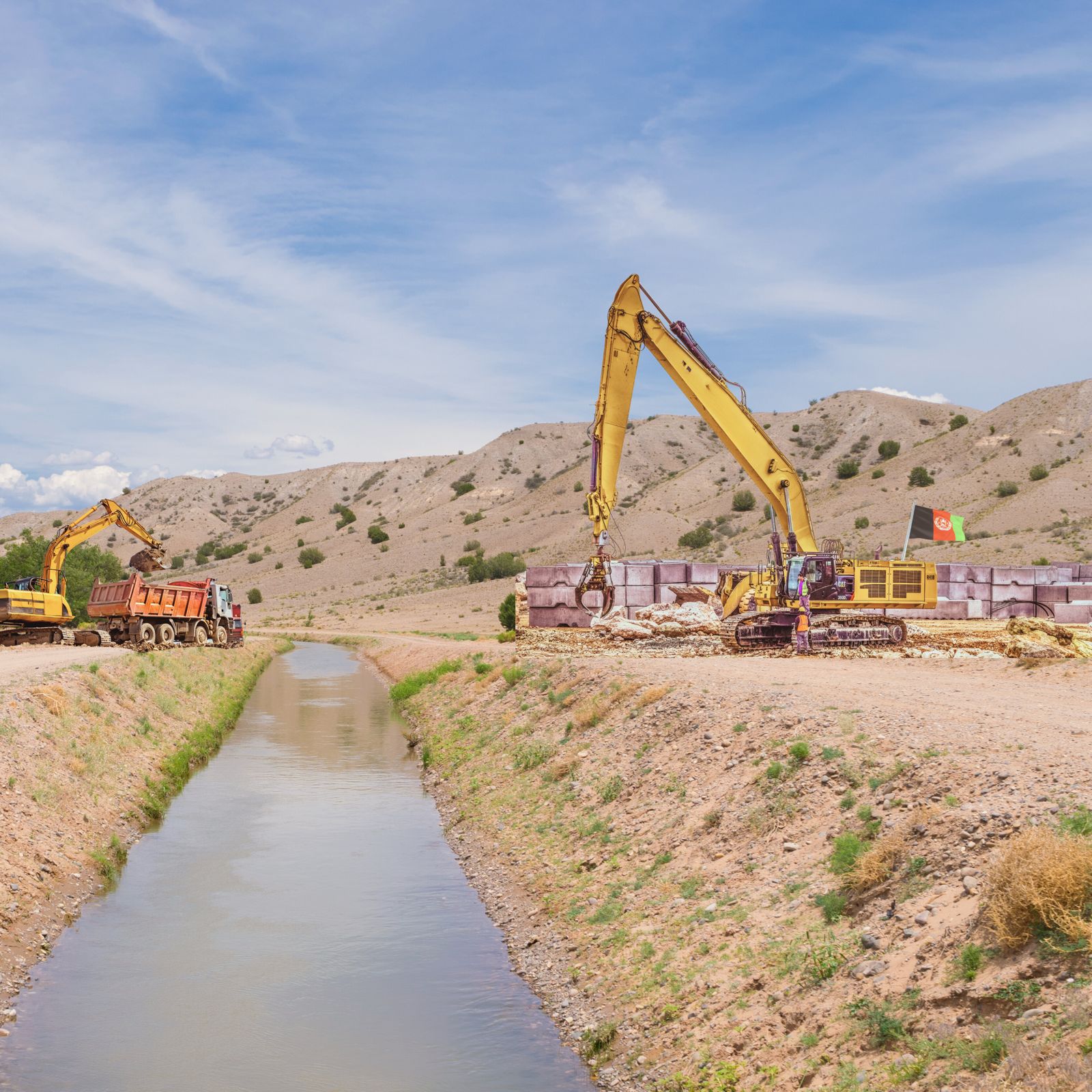-

Episode 27: An Interview with Rick Geddes
Graphic by Maralmaa Munkh-Achit The Cornell Policy Review invites Professor Rick Geddes to discuss the 1.2 trillion dollar Infrastructure Investment and Jobs Act, which was recently passed by Congress on November 6, 2021. Richard Geddes is a professor at the Cornell University Jeb E. Brooks School of Public Policy and the Founding Director of the… Read more »
-

Episode 26: An Interview with Parmesh Shah
Graphic by Maralmaa Munkh-Achit The Cornell Policy Review invites Parmesh Shah to discuss the role of technological disruptions in agriculture and food systems and how the World Bank supports this agenda. Parmesh Shah is the Global Lead for Data-driven Digital Agriculture in the Agriculture and Food Global Practise at The World Bank. In this role,… Read more »
-

Ending DC’s Eviction Moratorium: The effects on low-income residents and the spread of COVID-19
Graphic by Maralmaa Munkh-Achit Written by Julia Selby Edited by Niamh Moore The city-wide moratorium on evictions in Washington, DC began in March 2020 as a result of the COVID-19 pandemic. The goal of the moratorium was to keep people in their homes and out of the streets or communal living spaces as the pandemic… Read more »
Latest



